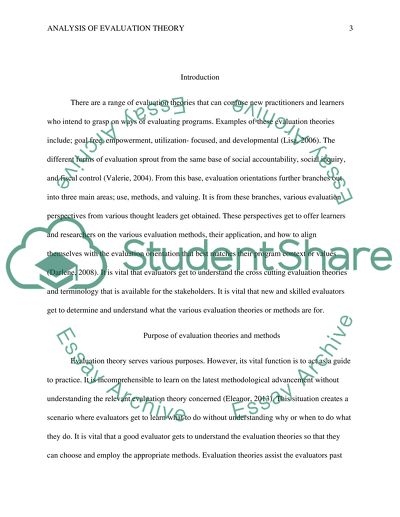Cite this document
(“HRD assignment Research Paper Example | Topics and Well Written Essays - 1500 words”, n.d.)
Retrieved from https://studentshare.org/english/1490952-hrd-assignment
Retrieved from https://studentshare.org/english/1490952-hrd-assignment
(HRD Assignment Research Paper Example | Topics and Well Written Essays - 1500 Words)
https://studentshare.org/english/1490952-hrd-assignment.
https://studentshare.org/english/1490952-hrd-assignment.
“HRD Assignment Research Paper Example | Topics and Well Written Essays - 1500 Words”, n.d. https://studentshare.org/english/1490952-hrd-assignment.


